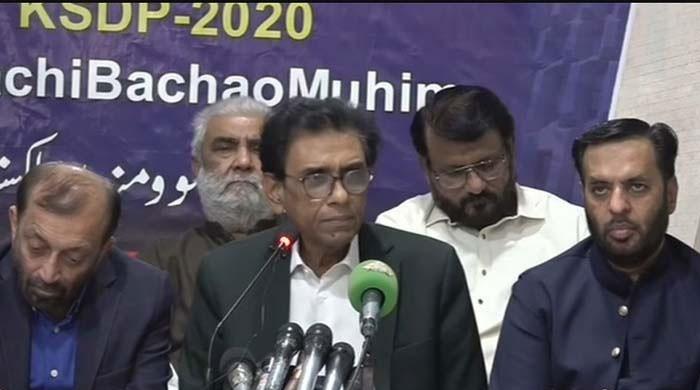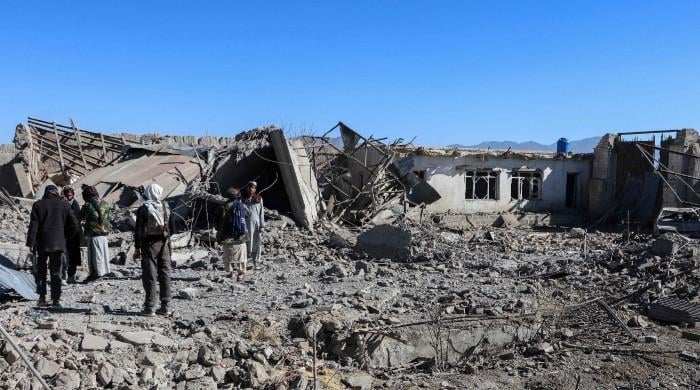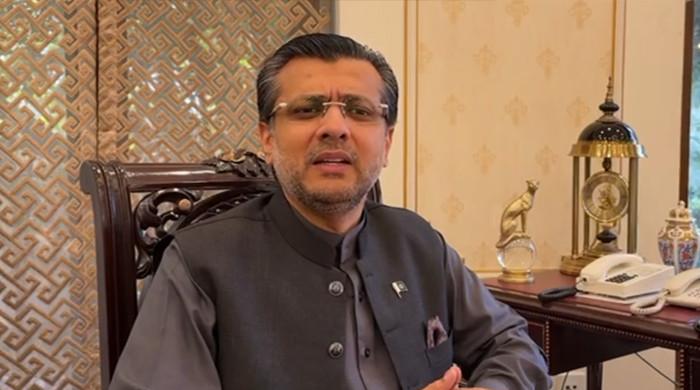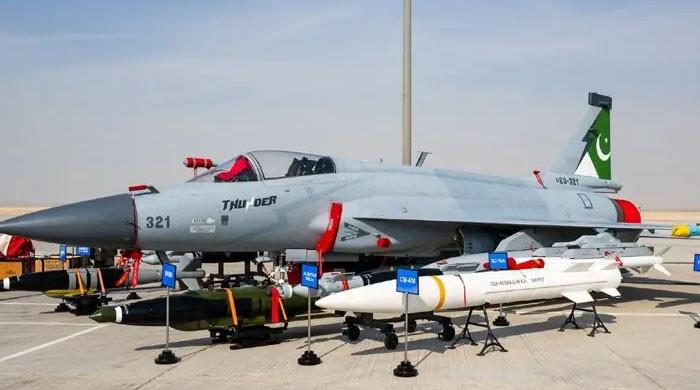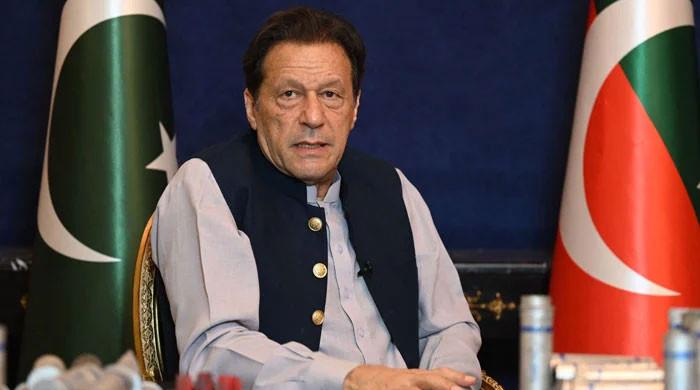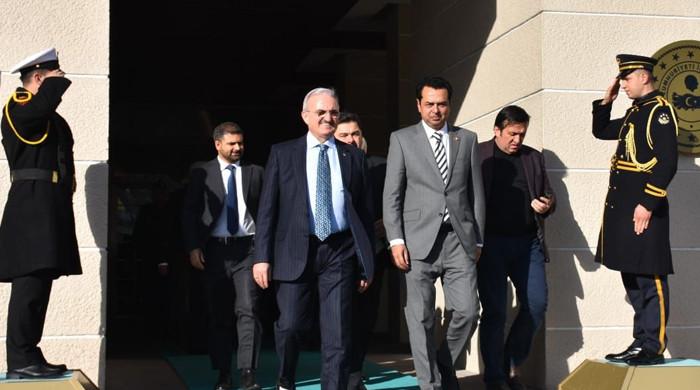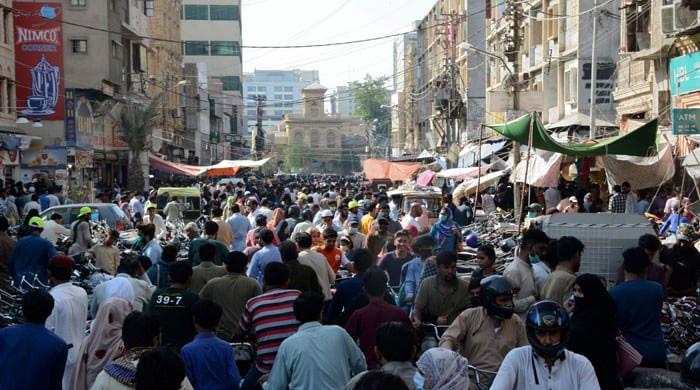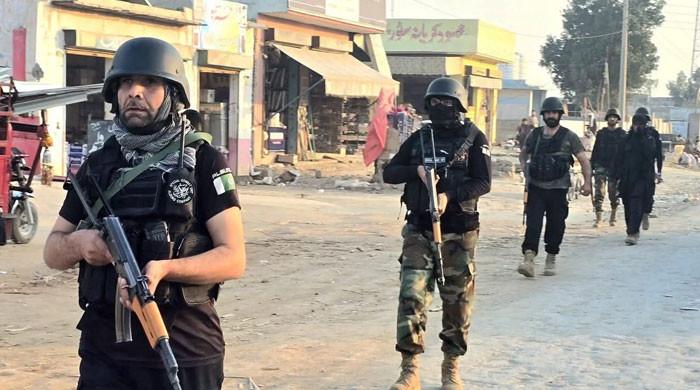Absence of dialogue, backchannel diplomacy will intensify Pak-India tension: UK think tank
According to UK-based IISS, any attack from either side would raise the risk of the conflict escalating into a new crisis.
November 27, 2020
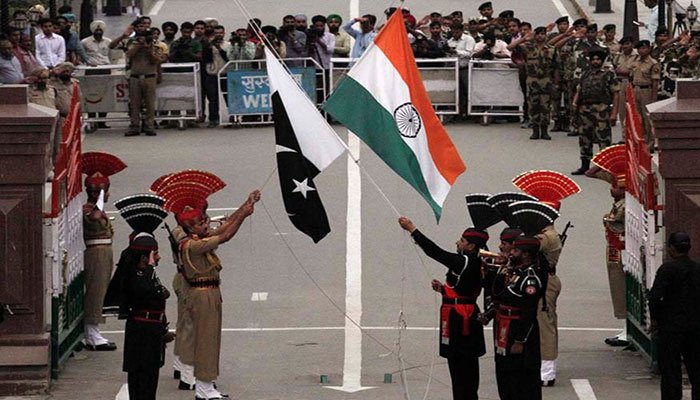
LONDON: Owing to the absence of dialogue and backchannel diplomacy between India and Pakistan, there is greater scope for misunderstanding and misperceptions, the International Institute of Strategic Studies (IISS) has said.
In its recent report on South Asia in the context of the Indian Occupied Jammu & Kashmir (IOJK), the IISS stated that any attack from either side would raise the risk of the conflict escalating into a new crisis and the situation “remained strained, and Kashmir a potential flashpoint” towards the end of 2020.
The report added that after revoking the status of occupied Kashmir, India clamped down on every kind of communication and activity in the region but restored some of the services and released Kashmiri leaders “amid heightened international media criticism.”
Read more: India martyrs Pakistani father of three during unprovoked firing at LoC, says ISPR
The report said: “The Indian government was keen to showcase a return to near normality in the region, including carefully scripted visits for groups of Delhi-based foreign envoys. “But stringent laws remained in place prohibiting protests and allowing for preventive arrests and detention for up to two years without trial.
“Some political activists remained in detention (even though most had been released by June), curbs on media reporting continued and slow 2G internet speeds were the norm. Local political parties (other than the BJP) remained inactive.”
The London-based think tank said that in Narendra Modi’s first term, he ignored Bharatiya Janata Party’s agenda on gobbling Kashmir, focused on the development of India and initiated the resumption of dialogue with Pakistan during Nawaz Sharif’s government but “with Modi’s landslide general-election victory in 2019, the appointment of a powerful new home minister and heightened tensions with Pakistan under Prime Minister Imran Khan, the second Modi government sensed an opportunity to deliver early on its electoral pledge on Kashmir” by revoking articles 370 and 35A. This move attracted strong criticism from Pakistan.
The IISS said that India’s position that there can be no dialogue with Pakistan on Kashmir was problematic as it increased risks of continuity of tensions leading to a bigger conflict. In Afghanistan, the report said that Pakistan has repeatedly assured the US of its cooperation in the peace process and of its willingness to use its influence over the Taliban in a positive manner.
Read more: Pakistan says Kashmir permanent feature of OIC agenda
The report said that “some US and Afghan officials remained sceptical of Pakistan’s short and long term intentions” but in a visible attempt to show Pakistan’s support for the Afghan peace process Pakistan’s powerful Army Chief General Qamar Javed Bajwa visited Afghanistan on June 9 for meetings with Afghan leaders, during which both sides reiterated Pakistan’s support for the process.
The IISS report said that Pakistan was not the only neighbour to retain an active interest in Afghanistan. The report claimed that despite the economic hardship and international political and financial pressures it faces, Iran has expanded its regional influence by establishing ties with the Taliban and China, India and Russia are invested in Afghanistan and their role is of paramount importance for the success of the Afghan peace process.
Rahul Roy-Chaudhury, the head of South Asia at the IISS, commented: “South Asia’s geopolitics in 2021 will be shaped by US president-elect Biden’s relative neglect of South Asia (due to domestic COVID and economic priorities and his foreign policy focus on China); prospective political transition in Afghanistan marked by greater influence by Pakistan and lesser Indian influence; a further heightening of India-Pakistan tensions, with potential for escalation; continuing Sino-Indian tensions resulting in the emergence of an unprecedented ‘two-front’ challenge for India with both China and Pakistan.
In effect, in 2021, South Asia is likely to see the resumption of ‘hard power’ geo-politics amidst dramatically weakened economies due to COVID.”




